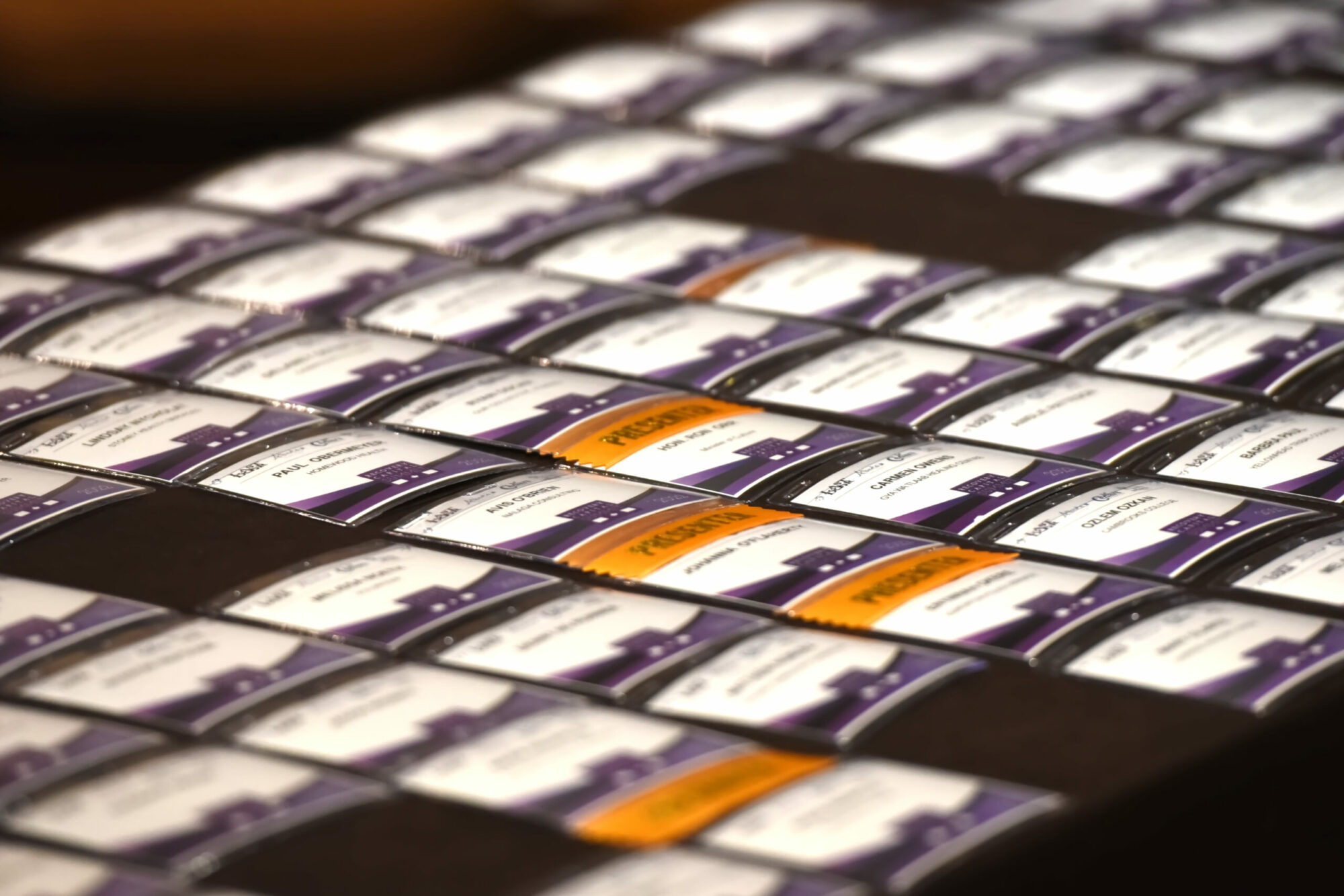2020 Call for Abstracts NOW OPEN
2020 Key Dates
British Columbia – New Westminster, Anvil Centre, Wednesday September 2nd – 3rd, 2020
Alberta – Calgary, Telus Convention Centre, Thursday September 10th – 11th, 2020
Manitoba – Winnipeg, RBC Convention Centre, Monday September 14th – 15th, 2020
Saskatchewan – Regina, Delta Convention Centre, Tuesday September 29th – 30th, 2020
Halifax – Nova Scotia, Halifax Convention Centre, Thursday September 18th
Deadline to submit March 1st 2020
Call for Abstracts Overview
The 4th Annual Recovery Capital Conference Advisory Committee is pleased to announce Abstract submission is open for 2020.
To balance the program and deliver on a range of key global addiction recovery issues, the RCC Committee is seeking abstracts under the themes/sub-themes of Building Recovery Capital to overcome addiction.
Let’s build Recovery Capital in people, healthcare, communities, workplaces and families.
With a focus on Recovery Capital, this year’s advisory committees are looking for contributions to the domains of Recovery Capital and Recovery-Oriented Systems of Care. Recovery Capital—both its quantity and quality—plays a major role in determining the success or challenges of natural and assisted recovery.
Presenters may explore how research and practice-based developments in substance use recovery policy and practice contribute to existing understandings of recovery capital, recovery-oriented infrastructures, and recovery-oriented workplaces.
We welcome abstract submissions for the concurrent program including poster presentations, plenary sessions, panels, courses and workshops. You can submit for individual / all conferences taking place across Canada.
Share your work, and your ideas with colleagues, service users, government and the public at Canada’s series of Recovery Capital Conferences 2020.
Who attends the Conference?

Clinicians, government, international delegates, educators, researchers, students, policymakers, treatment delivery organizations, researchers, workplace wellness specialists, physicians, occupational health leaders, human resources managers, therapists, psychiatrists, psychologists, interventionists, union leaders, and community leaders.
Why Participate?
Share ideas, successes and challenges with colleagues across Canada; enhance your network by connecting with other attendees; earn continuing education credits.
Submission and Review Process
Each submission type and qualifying requirements are described below. Each submission is scored by a minimum of 3 reviewers. Submissions will be reviewed for merit, relevance, clarity, fit and alignment with conference objectives. Please comply with the submission template to ensure due consideration of your submission.
Financial disclosures will not preclude an abstract’s acceptance. All presenters, discussants, chairpersons, and authors/co-authors must complete the full disclosure form. All notifications will be sent via email.
Declaring and Disclosing Conflict Interest
Please follow the following steps to ensure COI procedures of met.
- Download the following three forms
- College of Physicians Declaring and Disclosing Conflict of Interest
- COI Disclosure Slides
- Please complete the two forms and upload them in the online form below or email them to community@LastDoor.org
- Having issues? Please call 1-888-525-9771


 “Dr. João Goulão, Portugal
“Dr. João Goulão, Portugal Dr. Claudia Black
Dr. Claudia Black
 Elements that define recovery and the Science of Recovery systems.
Elements that define recovery and the Science of Recovery systems.

